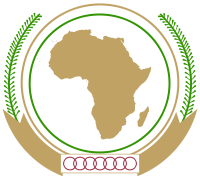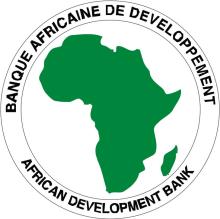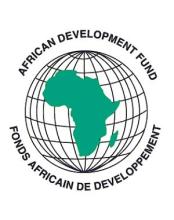Resource information
The consultative workshop, which took place 27-29 March 2006 at the United Nations Conference Centre (UNCC), Addis Ababa, was the first step in the process of developing a land policy framework and guidelines. The discussions were informed by an issues/discussion paper, and brought together representatives from African governments, Regional Economic Communities, Civil Society including farmers' organizations, African private sector, Centres of Excellence and Development Partners. The consultative workshop aimed to build consensus around the following issues:Elements and thematic issues that would characterize the framework and guidelines of land policy and land reform in Africa;Features of a vision and guiding principles for a framework of land policy in Africa; Actions and sequential activities needed to develop a land policy framework and
guidelines; and Roles of stakeholders and partners, and resource mobilization. The expected outputs of the workshop are: i) a background document summarizing the main land issues in Africa that should be used as the basis for developing the guidelines and
framework; and ii) a skeleton framework of iand policy and land reform in Africa.





